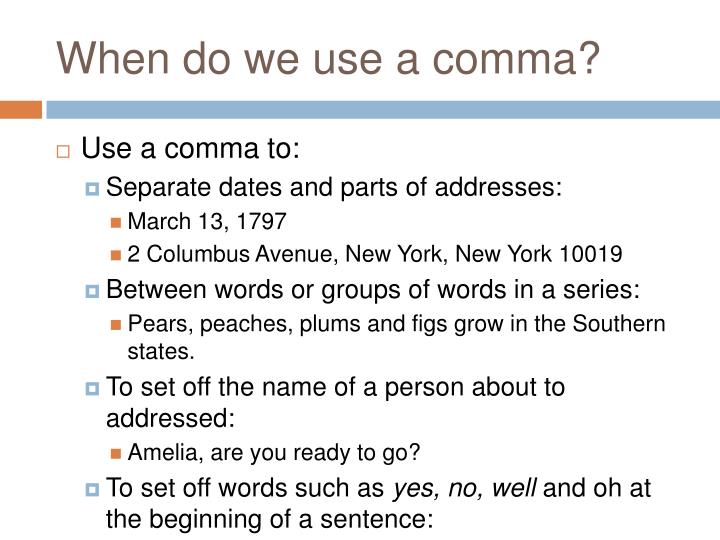
She wanted him and, hopefully, had found a way to get him.It’s easy to tell whether this is happening by reading the sentence aloud and seeing whether there is a distinctive break in the flow when “hopefully” is used.Īlso, if you were to remove “hopefully” from the sentence, it should still make sense. Comma Before and After “Hopefully”Ī comma should always come before and after “hopefully” when it is the only word in a parenthetical element. I’ve always hoped that he’d do well out there. Hopefully, he has found what he was looking for.It’s better if we work together to figure it out. Hopefully, there are better ways for all of us to do this.Hopefully, someone else is going to take that from you! I can’t have you winning it again and again.Hopefully, you won’t be the only one that makes it to this competition over the next few years.Hopefully, someone is going to come along shortly and fix all of these issues for us.It’s better to place “hopefully” at the beginning of a sentence than at the end when you want to bring direct emphasis to the situation that you’re hopeful for. However, this is no longer a requirement in formal writing, and you can use “hopefully” like this whenever necessary. They believe that adverbs should only be allowed to modify other verbs and adjectives. Many old-fashioned writers believe that this should be incorrect. It’s a helpful way to show that you are hopeful about an entire situation in the sentence rather than just modifying a single verb. Placing “hopefully” at the start of a sentence allows you to modify the sentence as a whole. However, it’s grammatically correct to do this, and it’s an increasingly common trend in English writing. This is a more modern choice that someone people disagree with.

Comma After “Hopefully”Ī comma should come after “hopefully” when it comes at the start of a sentence. I’m sure there are still a few things we can do. I’m going to change my ways, hopefully.She knew she needed to do better and, hopefully, found a way to make that happen.Times will change going forward, hopefully.It’s going to have to be a bit different, hopefully.In these cases, it modifies the sentence as a whole and brings attention to the fact that you wish for something to happen. It is used in this sense when it comes at the very end of a sentence. Placing a comma before “hopefully” without any other punctuation is rare. Watch the video: Only 1 percent of our visitors get these 3 grammar questions right.

There are times when commas aren’t used, but this only applies when “hopefully” is used as a direct adverb to modify another verb.
#Does hopefully need a comma full
When it is used to modify a full sentence, a comma is required like so: In all cases, “hopefully” is used as an adverb. A comma should come before “hopefully” when used as a parenthetical expression or when placed at the end of a sentence. You should place a comma after “hopefully” when it comes at the beginning of a sentence or when used as a parenthetical expression. This article will explore when to place commas with the word “hopefully.” It is used in a few different contexts, so there are different rules that you need to understand. Comma rules are very important, and it’s time for you to learn more about them.


 0 kommentar(er)
0 kommentar(er)
